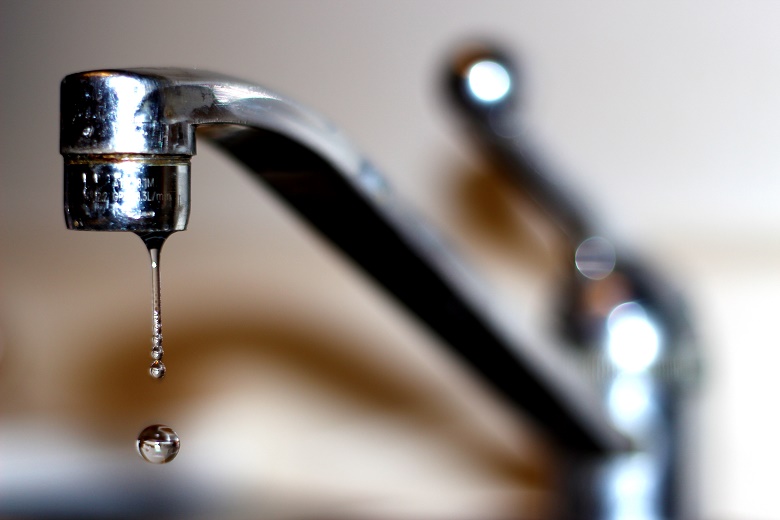
Digital meters could provide water utilities with improved infrastructure management and the means for greater customer engagement, according to a new paper.
In June, Cairns Regional Council announced it is rolling out “smart water meters” throughout its region, starting in Palm Cove this year.
The council says the smart water meters will provide daily data, which will help it more quickly identify leaks, enable more timely repairs and help residents better manage their water usage and save money.
“While they have been used in many countries throughout the world, Cairns Regional Council will be the first in Australia to use this particularly state of the art technology throughout their entire residential meter fleet,” the council told residents.
It’s hoped the project will make a significant contribution to the area’s water security by reducing water loss caused by leaks, the local government says.
Cairns Regional Council is not alone in pursuing digital water metering.

Several water utilities across Australia have undertaken trials of the technology, while recent submissions to the Essential Services Commission in Victoria show a number have planned capitals works around digital metering, according to Greg Elliot, director of enterprise advisory with KPMG.
Mr Elliot is co-author of a new analysis that says water businesses “would be unwise to deliberate on the value of digital water metering too long” given the pressures they face for efficiency savings amid a forecast reduction in revenues and increasing customer demands.
“Digital water metering provides the opportunity to realise significant returns on investment, to be recognised as an industry leader, and to set the foundation for new and innovation customer and assessment management strategies,” the KPMG paper says.
It outlines the key drivers toward adopting digital meters as:
- improved infrastructure management and planning,
- automated reads,
- greater knowledge of network operations,
- customer engagement and empowerment, and
- the potential for new business models.
“The evidence to date says there’s a compelling case for investment across three horizons – strategically, financially and in terms of engagement with customers,” says Mr Elliot, who previously worked on digital metering programs in the electricity distribution sector.
Digital metering could provide greater visibility to customers around their consumption patterns, which would be especially beneficial in rural and regional areas where water shortages are front of mind, he says.
“The business case will typically be predicated on those tangible benefits around how we run a business, the operations, the management and replacement of assets, whether we are able to use data to drive decision making,” Mr Elliot told Government News.
The experience of digital metering in the electricity market offers some lessons for water utilities, KPMG says.
“Part of the challenge for electricity distribution businesses was the sheer volume of data coming on-board; how does the business manage that and use utilise it from an operational and strategic decision-making point of view,” Mr Elliot said.
Technologies evolving
The paper notes that metering and communication technologies have evolved in recent years.
It cites a joint trial by South East Water, Yarra Valley Water and City West Water in Victoria of LoRaWAN (Long Range Wide Area Network) and NB-IoT (NarrowBand – Internet of Things).
“LoRaWAN networks have grown exponentially in the past 12 months,” the paper says. “Australian providers such as NNNCo, Meshed and GeoWAN will expand and focus on water businesses as a key market.”
NB-IoT is operated by providers including Telstra, which is rolling its coverage across all major cities this year, and Vodafone, which has been providing coverage for Victorian pilots since 2016, according to the paper.
The three metropolitan Melbourne water utilities say they are working towards making a final decision on the potential for digital meters early next year.
As part of the trial they are gathering the views of customers on digital meters and their potential benefits.
City West Water reports its research shows two thirds of customers support upgrading the network to digital meters.
‘Foundational steps’
Mr Elliot says that adopting a digital metering program will like take “a number of years” for water businesses and there are a number of foundational steps they must take to be ready.
“For it to be successful the business needs to be in a position where it can adapt and embed the new way operating model associated with digital water metering. For instance, with the volume of data coming through they need to ensure they have a robust and compatible IT environment,” he says.
KPMG says it has developed a readiness framework to provide a structured approach for water businesses.
“Our point is that this is a journey that is maybe broader than the immediate technology of your digital meter, and therefore it’s advisable to start going through that preliminary planning sooner rather than later,” Mr Elliot said.
Comment below to have your say on this story.
If you have a news story or tip-off, get in touch at editorial@governmentnews.com.au.
Sign up to the Government News newsletter.

There are plenty of other places in Australia where smart meters have been rolled out. Some up to 10 years ago! Wide Bay Water or Gympie Regional Council and Kalgoorlie Boulder for example. Sure, they use other innovative collection methods, not because the WLAN technology wasn’t available, but because it was and is not cost-effective… There is no way this is cost-effective. Cairns and the others following suit are getting ripped off big time!